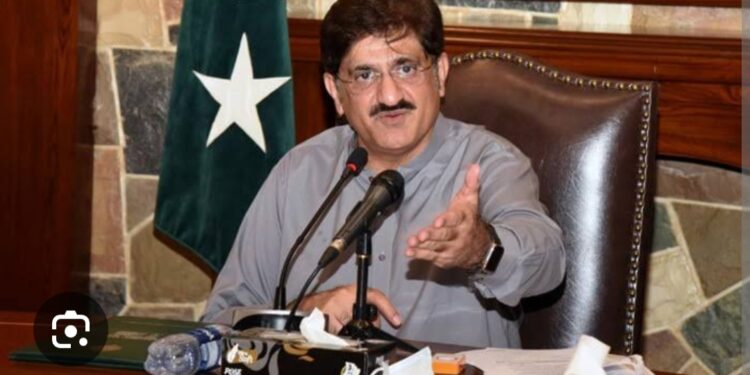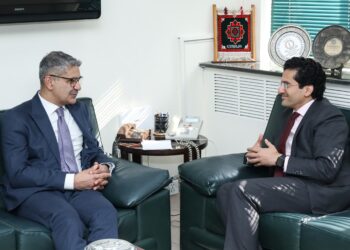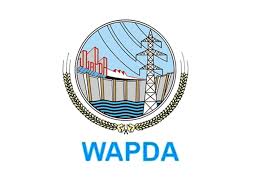ISLAMABAD: The Sindh government has formally rejected the Power Division’s proposal to abolish Electricity Duty (ED) from consumer electricity bills, arguing that there is no other cost-effective mechanism for its collection, Newzshewz has reliably learnt.
On June 30, Power Minister Sardar Awais Ahmad Khan Leghari, in a letter addressed to the provincial chief ministers, stated that the Power Division had decided to discontinue the collection of Electricity Duty through electricity bills from July 2025 in order to make billing more transparent and easier to comprehend. He urged provinces to explore alternative mechanisms for collecting their respective levies and to propose new revenue collection strategies to ensure smooth implementation of this reform.
Initially, Sindh and Khyber Pakhtunkhwa (KP) rejected the proposal. Sindh’s response at the time was based on media reports, while KP sent a formal reply referencing the Power Division’s communication. Now, the Sindh government has conveyed its official position in writing, making it clear that no feasible alternative to the current mechanism exists.
In a letter titled “Response to concerns regarding collection of ED through power bills,”* Sindh’s Secretary Energy, Mushtaque Ahmed Soomro, referred to earlier correspondence from the Chief Minister’s Secretariat dated July 4 and July 21, 2025. He stated that under the West Pakistan Finance Act 1964 and the West Pakistan Electricity Duty Rules 1964, Electricity Duty is levied as a percentage of energy charges on electricity consumption. Only the licensees/Distribution Companies (Discos) supplying electricity have access to consumer consumption data and corresponding charges.
Citing Rule 5(1) of the West Pakistan Electricity Duty Rules 1964, Soomro underscored that all Discos are bound to include ED as a separate line item in consumer bills and recover it along with energy charges. The rule states:
“A licensee shall include the electricity duty payable by a consumer as a separate item in the bill of charges for the energy supplied and shall recover the same from the consumer along with the charges for supply of such energy.”
The Sindh government argued that, despite data-sharing, no practical or cost-effective alternative exists for collecting ED. It requested the Power Minister to consider other methods of reducing consumer-end electricity costs rather than eliminating ED from billing.
Recently, the Power Minister told a press conference that after receiving replies from all provincial governments, he would present the matter before the Prime Minister for further direction.
Ends















